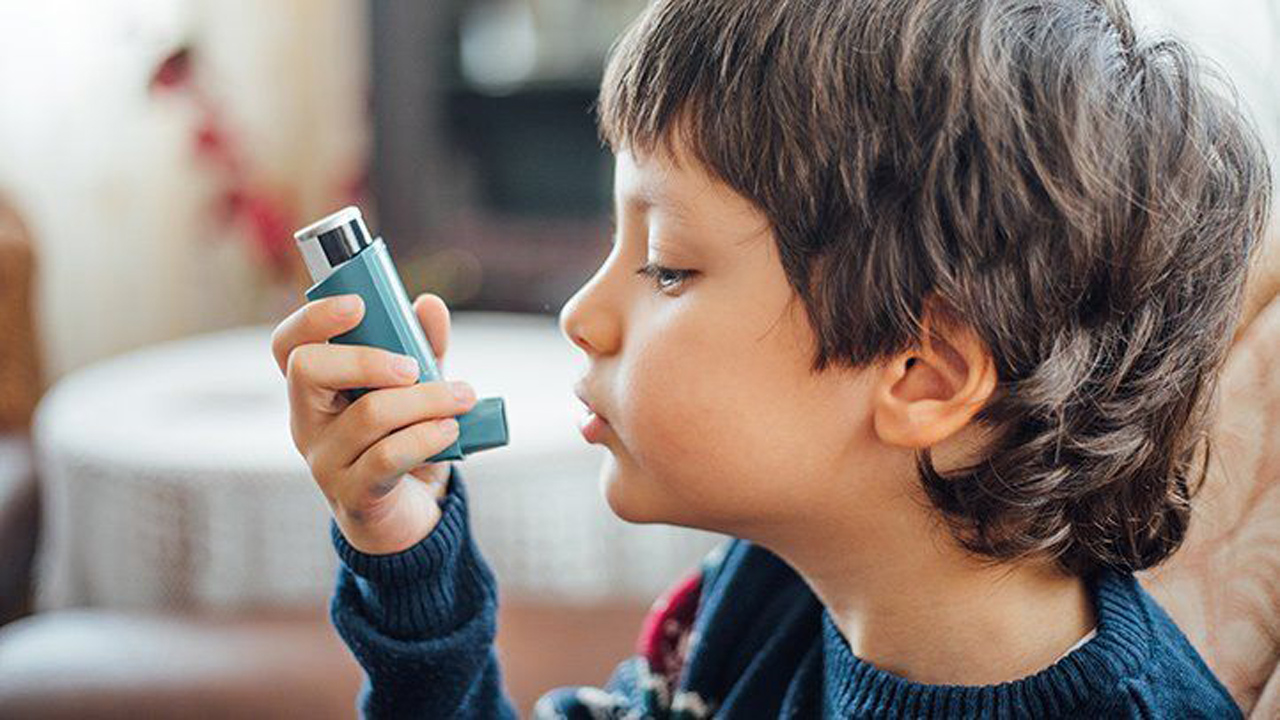A pivotal Phase 3 trial of Dupixent (dupilumab) met its primary and all key secondary endpoints in children aged 6 to 11 years with uncontrolled moderate-to-severe asthma. In a broad type 2 inflammatory asthma patient population, defined as having elevated eosinophils (EOS) or elevated fractional exhaled nitric oxide (FeNO), Dupixent added to standard of care significantly reduced asthma attacks (exacerbations) and improved lung function, as early as two weeks after the first dose, compared to standard of care alone. More than 90% of children in the trial had at least one concurrent type 2 inflammatory condition including atopic dermatitis and eosinophilic esophagitis. Safety results from the clinical trial were generally consistent with the known safety profile of Dupixent in patients aged 12 years and older with moderate-to-severe asthma.
“Children with uncontrolled moderate-to-severe asthma often struggle to breathe, largely because of their impaired lung function, and this can have a serious impact on their quality of life. It not only reduces their ability to participate in day-to-day activities, but can also take a huge emotional toll on the child and their family,” said John Reed, M.D., Ph.D., Global Head of Research and Development at Sanofi. “Dupixent is the only biologic shown in a controlled Phase 3 trial to improve lung function in children, which is generally consistent with results seen in the adolescent and adult trials. These positive data are especially encouraging for younger children who are struggling to manage their uncontrolled asthma.”
Despite standard-of-care therapy such as inhaled corticosteroids (ICS), children with uncontrolled moderate-to-severe asthma continue to experience symptoms such as coughing, wheezing, and difficulty breathing, and are at risk of severe asthma attacks.
For these children, this often leads to frequent hospitalizations and emergency room visits requiring use of systemic corticosteroids which can carry significant risks when used long-term. Uncontrolled asthma can cause children to miss school, and can interfere with physical activity and routine tasks including walking up stairs and playing sports. In the U.S., there are approximately 75,000 children 6-11 years old with uncontrolled moderate-to-severe asthma, and many more of these children worldwide.
“Children with moderate-to-severe asthma live with a heavy and unpredictable disease burden. Even while taking maximum treatments including inhaled corticosteroids, they suffer from multiple asthma attacks each year that may require hospitalization,” said George D. Yancopoulos, M.D., Ph.D., President and Chief Scientific Officer of Regeneron. “These impressive Phase 3 data in children with asthma show Dupixent significantly reduced annual severe asthma attacks and also improved lung function consistently across patients with markers of type 2 inflammation.”

 A pivotal Phase 3 trial of Dupixent met its primary and all key secondary endpoints in children aged 6 to 11 years with uncontrolled moderate-to-severe asthma
A pivotal Phase 3 trial of Dupixent met its primary and all key secondary endpoints in children aged 6 to 11 years with uncontrolled moderate-to-severe asthma









.jpeg)

.jpeg)










.jpg)




.jpg)

